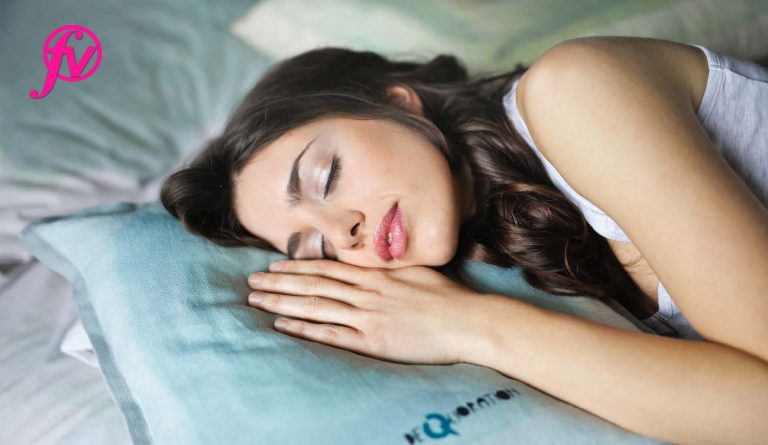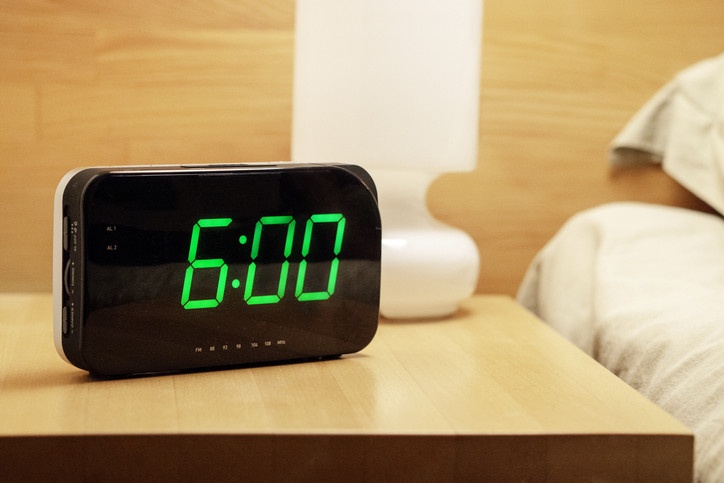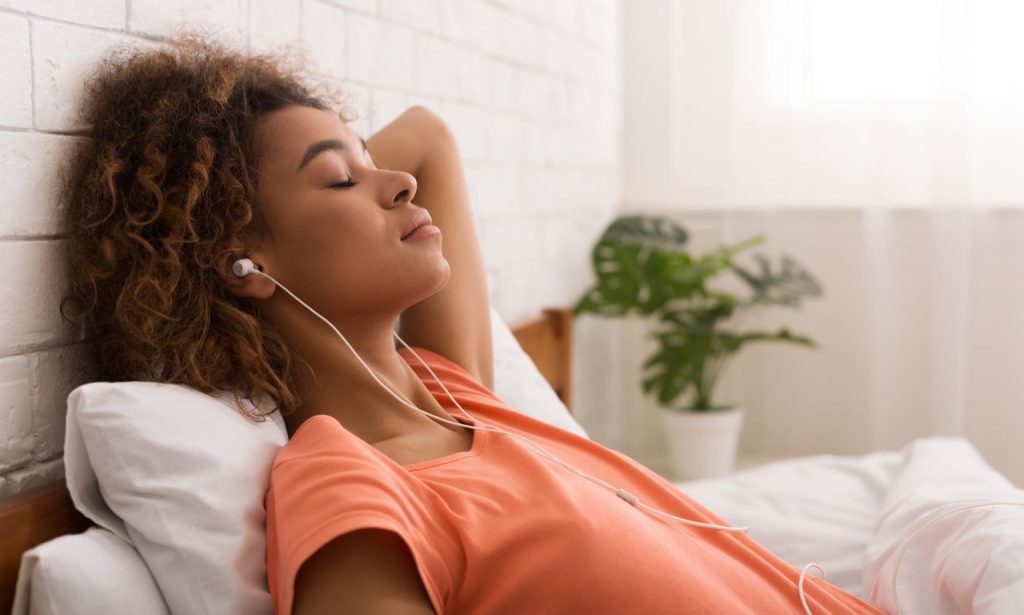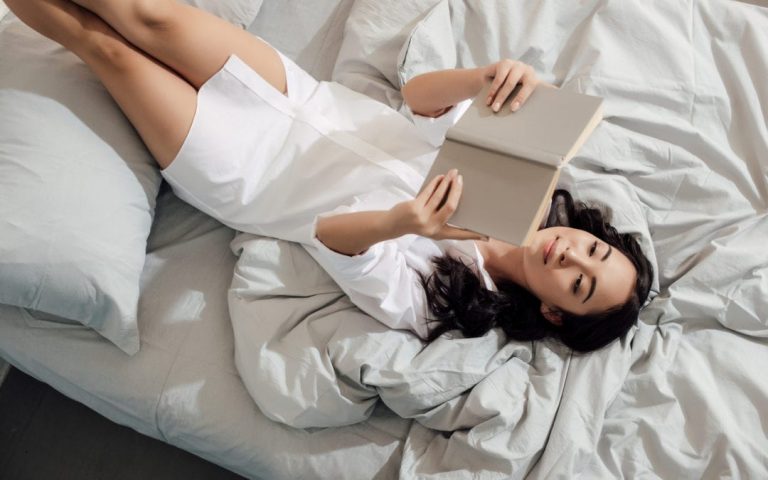let’s start a relationship for life
let’s start a relationship for life

In our new world full of anxiety and uncertainty, there has never been a better time to take a moment to learn some facts and tips about getting a better nights sleep. We explore 4 proven ways to getting better sleep.
Erratic sleep patterns can leave you feeling exhausted, so a regular sleep schedule may be exactly what you need. Just a few adjustments to your daily routine can help you go to bed and wake up at the same time every day. These tips will help you take control of your internal clock.
Pick a bedtime and a wake-up time—and stick to them as much as possible. Life will inevitably interfere, but try not to sleep in for more than an hour or two, tops, on Saturdays and Sundays so that you can stay on track. That way, your body’s internal clock will get accustomed to a new bedtime, which will help you fall asleep better at night and wake up more easily each morning.
You won’t be able to change your sleep schedule overnight. The most effective tactic is to make small changes slowly. If you’re trying to go to sleep at 9:00pm, rather than midnight, for example, try this: For the first three or four nights, go to bed at 11:45pm, and then go to bed at 11:30pm for the next few days. Keep adjusting your sleep schedule like this. By working in 15-minute increments, your body will have an easier time adjusting.
Your body’s internal clock is sensitive to light and darkness, so getting a dose of the sun first thing in the morning will help you wake up. Opening the curtains to let natural light in your bedroom or having a cup of coffee on your sun-drenched porch will cue your brain to start the day.

We all know how tempting it is to hit the snooze button in the morning to get a few extra winks, but resist. The first few days of getting up earlier won’t be easy, but post-snooze sleep isn’t high quality. Instead, set your alarm to the time that you actually need to get up and remember that it may take a few minutes for your body to adjust to a daytime rhythm. If you can, skip the alarm altogether. Your body should wake up naturally after a full night’s sleep—usually seven to nine hours—and you’ll feel most alert if you wake up without an electronic aid.
For many of us, relaxation means flopping on the couch and zoning out in front of the TV at the end of a stressful day. But this does little to reduce the damaging effects of stress. Rather, you need to activate your body’s natural relaxation response, a state of deep rest that puts the brakes on stress, slows your breathing and heart rate, lowers your blood pressure, and brings your body and mind back into balance. You can do this by practicing relaxation techniques such as deep breathing, meditation, rhythmic exercise, yoga, or tai chi.
It’s important to remember, however, that there is no single relaxation technique that works for everyone. We’re all different. The right technique is the one that resonates with you, fits your lifestyle, and is able to focus your mind to elicit the relaxation response. That means it may require some trial and error to find the technique (or techniques) that work best for you. Once you do, regular practice can help reduce everyday stress and anxiety, improve your sleep, boost your energy and mood, and improve your overall health and wellbeing.

With its focus on full, cleansing breaths, deep breathing is a simple yet powerful relaxation technique. It’s easy to learn, can be practiced almost anywhere, and provides a quick way to get your stress levels in check. Deep breathing is the cornerstone of many other relaxation practices, too, and can be combined with other relaxing elements such as aromatherapy and music. While apps and audio downloads can guide you through the process, all you really need is a few minutes and a place to sit quietly or stretch out.
If you find it difficult breathing from your abdomen while sitting up, try lying down. Put a small book on your stomach, and breathe so that the book rises as you inhale and falls as you exhale.
To find other relaxation techniques read the full article here.
Looking for a new Bed?
Stress is one of the main causes of insomnia
A study at the University of Sussex has found that half an hour of good reading before bed helps in reducing the stress levels better than any other relaxation methods.
So it’s no surprise that several sleep experts advise you to read for some time before sleeping. Every before bed activity is meant to relax your body and help you get sound sleep through the night.
Reading calms your brain and reduces the stress hormones which improves your sleep quality effectively. Hence, it is essential to have a good sleep pre-bed activity like reading books.

Alcohol is highly effective at suppressing melatonin, a key facilitator of sleep and regulator of sleep-wake cycles. Research indicates that a moderate dose of alcohol up to an hour before bedtime can reduce melatonin production by nearly 20 percent. Alcohol has a direct effect on circadian rhythms, diminishing the ability of the master biological clock to respond to the light cues that keep it in sync. Those effects of alcohol on the biological clock appear to persist even without additional drinking, according to research.

Does this mean you need to abstain from drinking altogether? Nope, says Dr Michael J. Breus, “But part of a smart, sleep-friendly lifestyle is managing alcohol consumption so it doesn’t disrupt your sleep and circadian rhythms.”
“I recommend to my patients drinking 2-3 times a week. This provides enough room to enjoy an after-work cocktail with friends, indulge in a glass of wine at your favorite restaurant, and crack open a beer after a weekend’s worth of chores around the house—all without interfering with healthy sleep and circadian rhythms.”
Lastly, but very importantly, don’t underestimate the benefit of a good mattress. At Furniturevibe we are one of KZN’s leaders in the retailing of quality base sets, selling brands like Sealy, Ultimate bedding and MJ beds. All our beds come with a 2 year guarantee and up to a 20 Years warranty. “You will sleep well tonight, knowing that our beds are of the finest quality available, ensuring comfort, support and durability you can trust, so you can live the lifestyle you have always dreamed of, today.” Says Mark Turner co-owner of Furniturevibe
How does your mattress affect your sleep? Let us know in the comments below.
Looking for a new Bed?
Hosted by HostFaddy